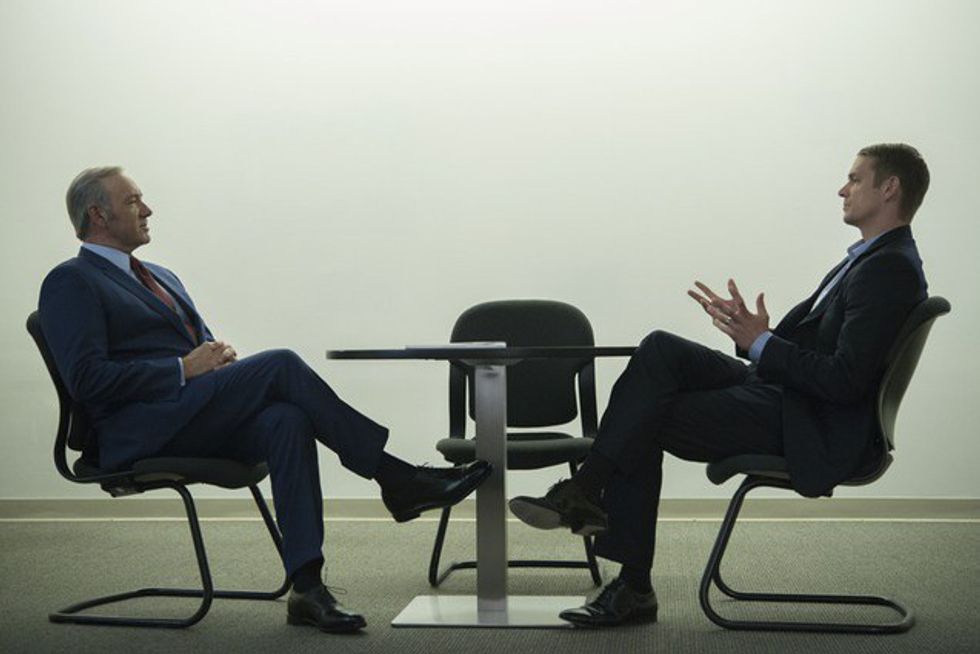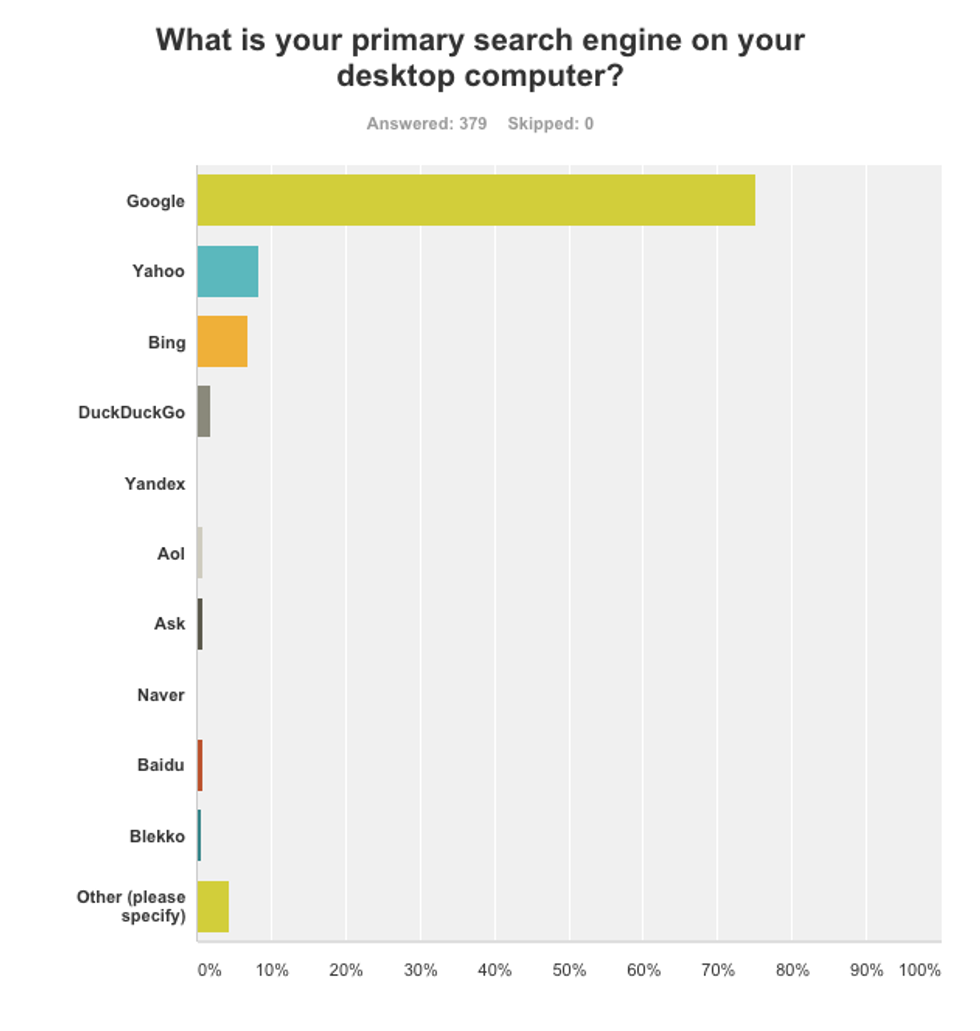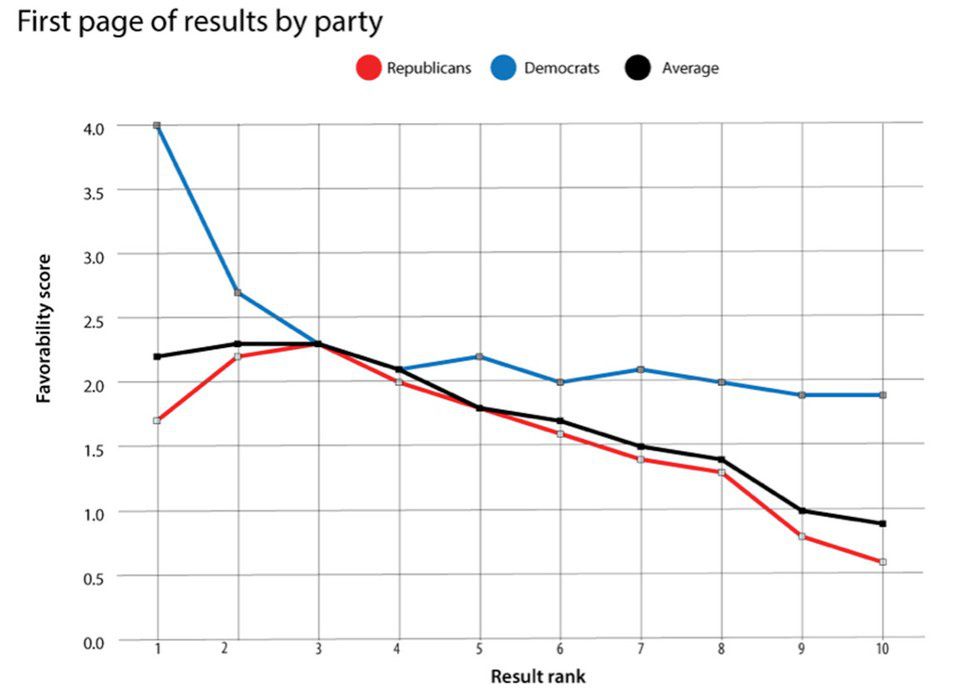Has it ever occurred to you how concentrated our news sources are today? Sure, I could talk about how over 90 percent of televised media is owned by six major corporations or about Twitter's Trust and Safety Council silencing political opponents. But there's a bigger issue that nobody talks about, except, apparently, Kevin Spacey.
Spoiler alert.
If you haven't watched season four of "House of Cards," go do so now.
If you have, here's the clip that this article is about.
In the latest season of "House of Cards," Frank Underwood's opponent, Will Conway, is caught red-handed using people's search habits, tracked by a search engine called "Pollyhop," to campaign to specific computers, so everybody gets a customized message based on what they want to hear. This involves snooping directly into what you, the reader of this article, have open in your browser history. For most of you, that would be very unsettling. It's a good thing we can trust names such as Google, the recipient of 78 percent of web searches, to keep our information safe.
Except, we can't. In fact, we shouldn't. Google regularly uses our search data to find out more about us and advertise to us exactly what we want to find. This is why, when a friend and I compared search results for "politics" recently, the website realclearpolitics.com (my favorite political news website), came up as the top result. He had to search further for that same website because it didn't fall within his personal interests. What's more disturbing is that I browse Real Clear Politics from my phone, meaning that Google somehow tracked app data from my phone and used it to affect search results on my laptop.
In "House of Cards," Underwood sees this as a threat because of his opponents obtaining data that he can't. The bigger problem, which is only touched on, is that control of a search engine means control of everything people see. Especially if that search engine is Google, which, remember, is where people go to answer four out of every five questions they ask online. It's almost become a utility. CollegeHumor got it right when they implied that, without Google, the world wouldn't know where to turn.
Google, it could be said, has a virtual monopoly on information. Even YouTube is controlled by Google. Almost everything people see, the information they use to participate in politics, comes from Google. This is why we should be concerned that it's a politically active organization, and not just on a minor level. Google was Barack Obama's third largest financial contributor throughout his political career. This means that 80 percent of our news, information and, perhaps most importantly, opinion, comes from a corporation that is politically slanted to one side of the aisle and obviously has its own agenda. The company favors products, businesses and candidates that it prefers and puts down opponents, something its own data readily admits to.
And yes, politicians do try to manipulate search results. When I started doing research for this article, I expected to articulate a hypothetical scenario in which the public was manipulated by a search engine monopoly. Instead, I found out that it's already happening.
So yes, "House of Cards" managed to point out a very serious threat to American democracy. We need, as a people, to reacquire a sense of skepticism in what we read and understand that every information source, be it Google, Huffington Post or FOX News, is biased, and not take any information thrown at us without a grain of salt just because it comes from a respectable name. No bias, no matter how slanted and formidable, can overcome healthy skepticism.
By the way, this article was written using sources found entirely with Google searches.
























